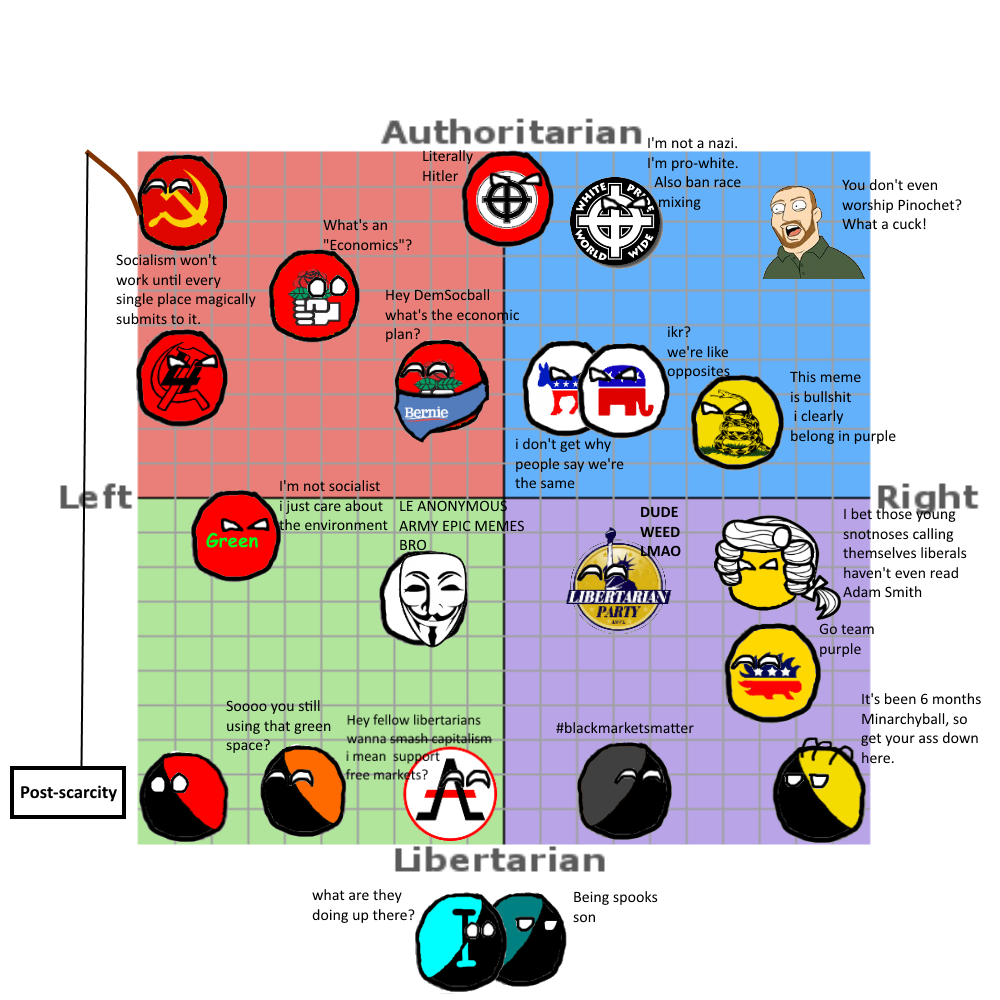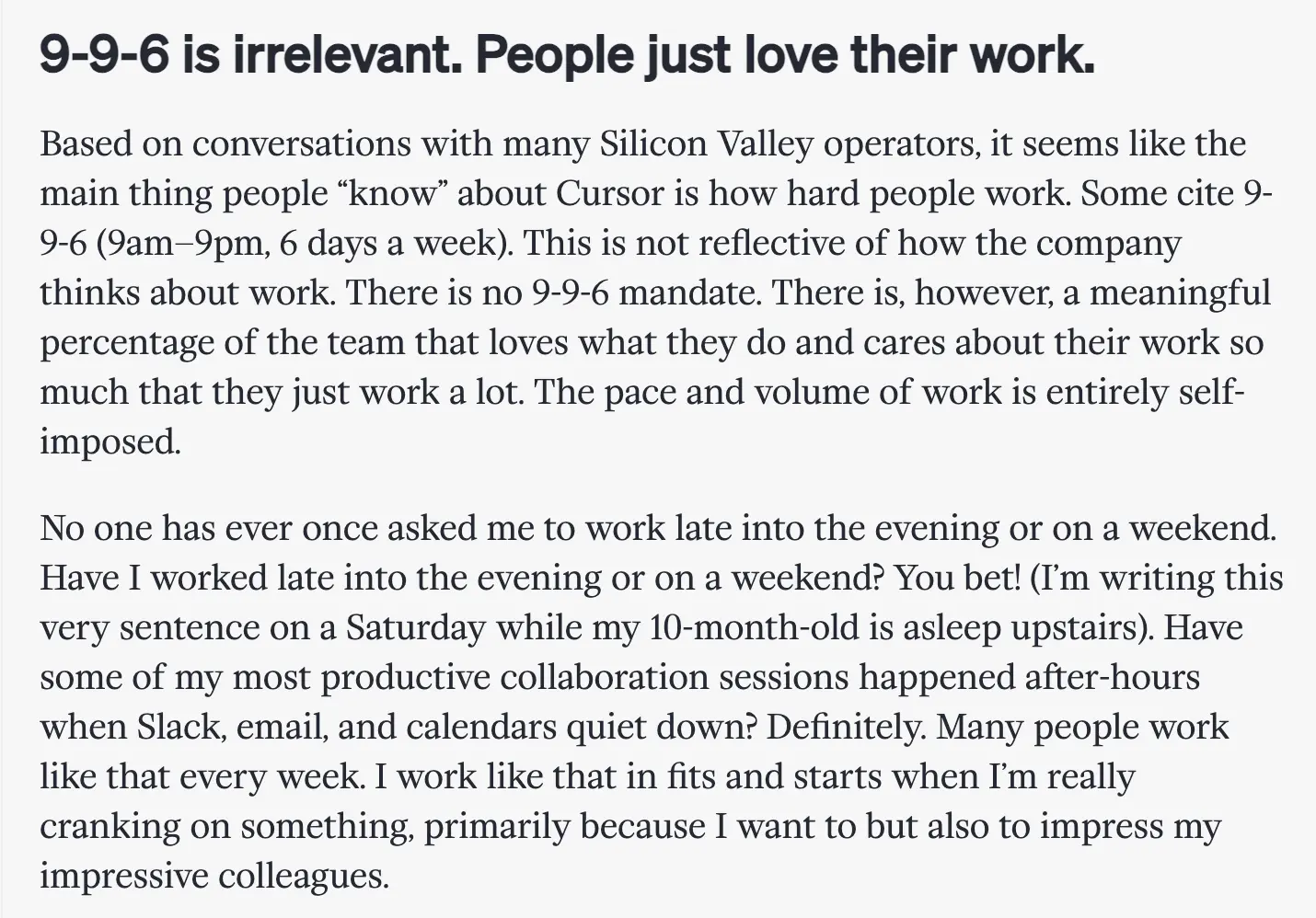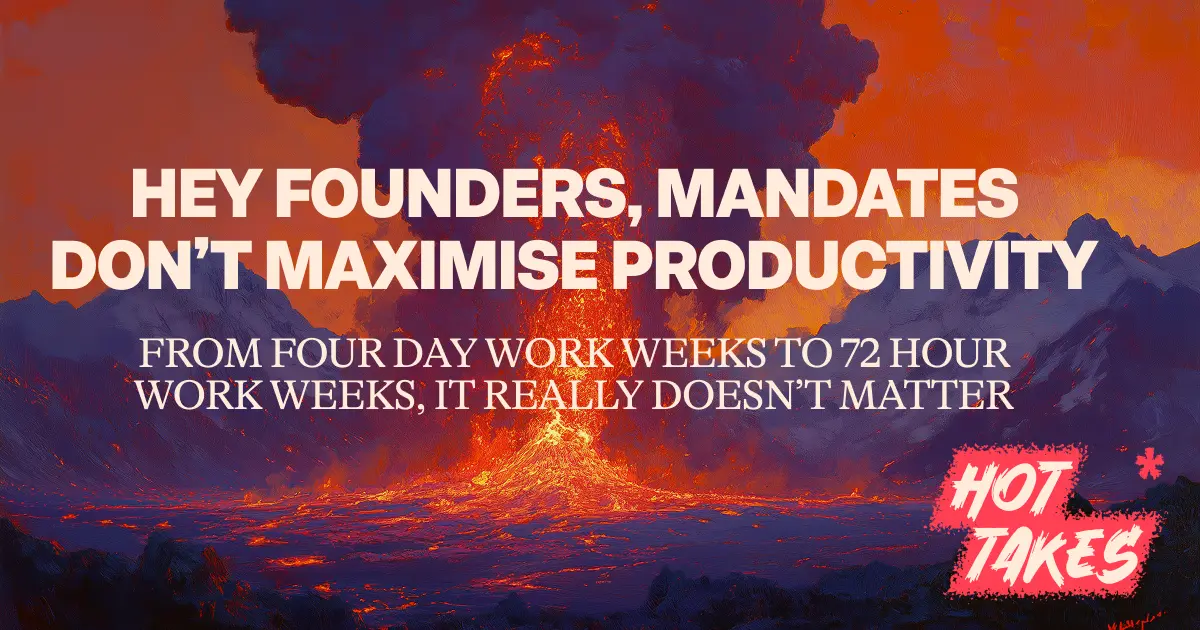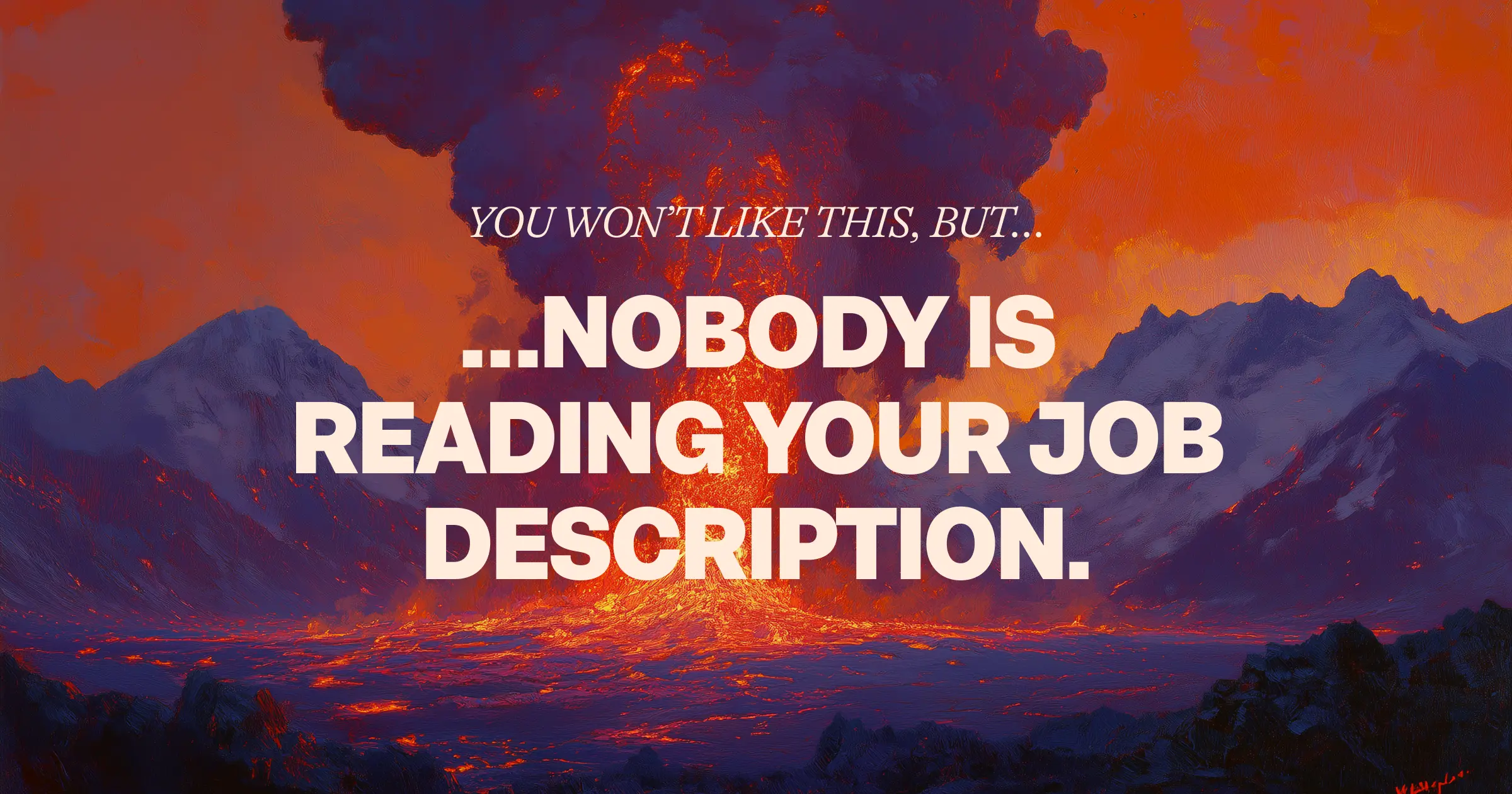In 1977, two young researchers met at the University of Rochester. One was a clinical graduate student. The other had a PhD, and his research was already creating waves in the field of behavioural science. I start this piece with their work, because it questioned the belief that the best way to get human beings to perform tasks is to offer them rewards. The two young researchers are Richard Ryan and Edward Deci, and I will be referencing their Self-Determination Theory of motivation at multiple points as I write about the need to make productivity a policy.
In case you were living under a rock or away from Twitter, the 9-9-6 mandate is a working philosophy bandied around by everyone from the average Silicon Valley hustle bro to the average Indian CEO. Originating in China, the premise is simple – to achieve greatness, work 9am to 9pm every day for 6 days. Sound, rational logic.
I believe the 9-9-6 is just a symptom of a broader malaise – the belief that productivity and motivation can be made a company policy. The inherent thought that something as abstract as productivity - which is an intricate interplay of multiple variables - can be coded within a framework and can manifest as company policy. This belief has translated to mandates, either blatant or subtle, across organisations, and these mandates have translated into aggressive support or passive-aggressive compliance, based on where you find yourself on the political compass meme.

I get that workplaces are benevolent dictatorships. There is a gross imbalance between the powers that be and the powers that don’t want to be. And I also understand why CEOs, leaders, and your irritating manager would prefer that you spend your best hours at work. And say what you want, that is how some of the best companies got built. Cursor, Tesla, Instagram – all these companies had their team put in some incredible hours. But they did it by choice, and not because it was policy. Blindly mandating productivity polices based on hours clocked in is counterproductive at best and mildly disrespectful of labour laws at worst.
So if you truly want a ‘productive team’ and a 9-9-6 culture, where everyone is, to borrow a term from the youths, ‘locked in’, there are a few vectors (pun unintended) that you might want to consider.
Knowledge work is not bound by hours.
While hours worked could be a stable metric in the industrial era, when more hours equated to more work done.
However, knowledge work operates on entirely different physics. A developer might solve a critical architecture problem during a 20-minute shower. A designer's best insight could come at 3 AM after ‘giving up’ for the day. Meanwhile, that same developer could stare at their screen for 12 straight hours and produce nothing but elegant bugs. Microsoft's own study found that their engineers average about 3-4 hours of deep, productive work per day. The rest? Meetings, context switching, and what Cal Newport calls "pseudo-work" – the performance of being busy without producing value.
When you mandate productivity based on number of hours clocked in, you're not getting twice the output. You're getting the same fixed hours of real work, diluted across 12 hours of presence. The irony is that exhausted knowledge workers end up producing worse work. It also rewards bad actors and malicious compliance – think coffee badging in response to a WFO mandate or employees manipulating screen time to show longer hours worked.
Productivity, and good work, comes down to the people doing the work. And that brings me to the next section.
Who are you hiring?
Brie Wolfson (ex-Stripe, now Cursor) wrote an incredible piece on life at Cursor. This is something that I would recommend that everyone building a company read. While she covers different aspects of the company’s culture across hiring, behaviours, and other things, there’s one particularly thoughtful section that stood out to me.

This is where intrinsic motivation plays an important role.
When the team holds themselves accountable to their deliverables, you really don’t have to mandate one because they’re holding their respective forts. The best 9-9-6 cultures are where the people have autonomy to choose their structures and draw their boundaries. For example, I know people who are perfectly okay working over a weekend, but will lose their minds if I ping them, unless it’s an emergency. One of my colleagues tends to push when they have ownership of their deadlines and are doing work they’re invested in, as opposed to working on someone else’s deadline.
This is a two-pronged approach from a talent perspective. You need to hire people who show these traits of agency, accountability, and autonomy. And then, you need to build structures that empower them to do their own thing. Intervene only when absolutely required, and don’t attempt to fix something that’s not broken. It’s easier said than done, but a lot more effective than a policy document that nobody agrees with.
Now, I’m not saying that there are people who are more intrinsically motivated than most, nor am I saying that there exists a set of lazy individuals who shirk work. It’s down to how committed they are to the mission, and that’s down to my next argument.
What are you building?
Look, a 9-9-6 or a 72-hour work week is a steep ask. You’re asking people to spend hours at work as opposed to time they’d be spending on their passion projects, their families, and whatever flights their fancy. The trade-off better be worth it, and that’s down to how you’re justifying that trade-off.
As a founder or a leader, it’s perfectly okay for you to push yourself. You have skin in the game, it’s your business, and your long hours translate into some reward for yourself, be it tangible (stock price go brr) or intangible (it’s work you’re proud of). But unless you’re able to translate this mindset to your team, they’re going to treat this as a chore, irrespective of how sold you are on the concept.
In the Self Determination Theory, autonomy and competence are key drivers of motivation. Alchemy happens when are wholeheartedly engaged in something and can really have both their best experience and their best performance. Truth be told, I wouldn’t want to put in a 9-9-6 in work that doesn’t give me meaning or a sense of grandeur.
Before you mandate or encourage a 9-9-6, ask yourself what your rallying cry is. Is it because you are working on a problem statement that has an immense impact? Is it because your team will see disproportionate returns to the effort they put? Is it because it’s work that your team loves doing? Every good leader, from Mark Anthony to the Collinson brothers, is great at articulating what the work means to them, their team, and their general public at large. And unless it is something that resonates with your team, it won’t work out.
Some examples:
- Supercell, the company behind Clash of Clans, gives teams complete autonomy, hire for talent density, and works in small cells. No mandated hours, yet most work 60-70-hour workweeks during launches.
- Shopify has a toil budget, where they explicitly eliminate mundane work when they work on sprints. Engineers voluntarily work longer because every hour teaches them something.
- Despite Notion raising at $10B valuation, early engineers still pull long hours when they could have easily cashed out. Why? Quote from an early engineer: "I can't imagine building something this hard anywhere else with anyone else."
Performative policies translate to performative work.
Your success shouldn’t matter if you have a 4-day work week, or a 9-9-6, or a 0-0-7. It should matter on the work your team is doing, how motivated they are, and why they show up to work every day. Boasting about a 9-9-6, or measuring productivity through tangible metrics, is purely performative. A company’s success is down to the team. For every Cursor with a 9-9-6, there’s a Linear with flexible schedules. For every Amazon with a work from office policy, there’s a Rippling who insists on treating their employees as adults.
This doesn’t mean some companies have a better culture than others. They’re down to their culture and works for them, and how true they are to it. If I were to think of how Richard Ryan and Edward Deci translate into today’s contrarian work culture, it would look like this:
AUTONOMY: "I choose when, how, and what to work on" + COMPETENCE: "These 72 hours make me demonstrably elite at my craft" + RELATEDNESS: "I'm in the trenches with people I'd go to war with"
Anything less than this is performative, and not scalable.
All said and done, a 9-9-6 is a company’s cultural identity, which means you have to practice what you preach. I leave you with another paragraph from Brie Wolfson’s piece.

Do with this what you will.
.avif)










.avif)













